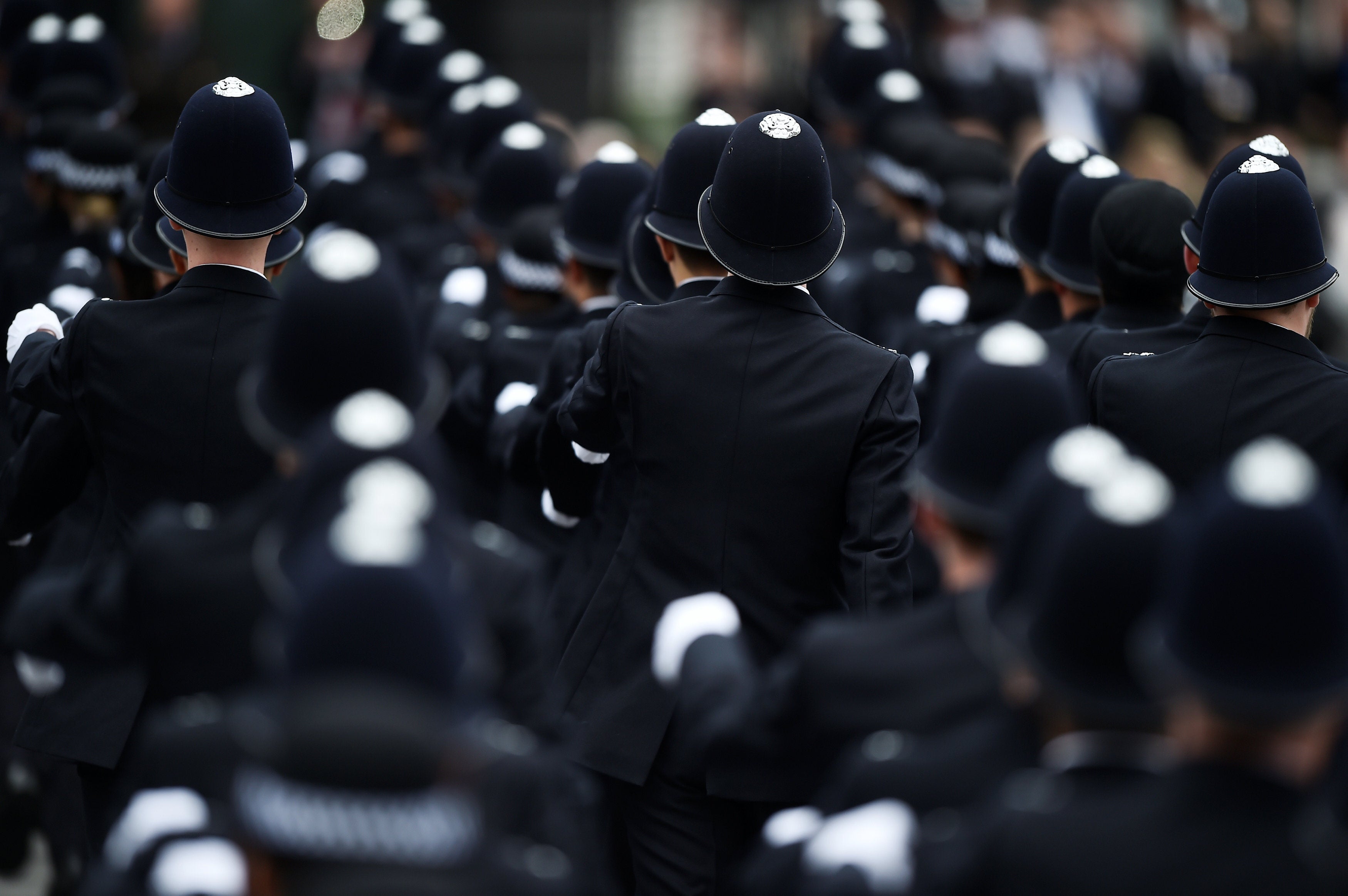Police officers who damage public trust ‘must face tougher sanctions’
The College of Policing said any undermining of trust should be at the heart of decision-making in disciplinary proceedings.

Police misconduct guidance has been updated in a bid to bring tougher sanctions against officers who damage public confidence in the profession, with a specific section on violence against women and girls.
The College of Policing, the national standards body, said any undermining of trust should be at the heart of decision-making in disciplinary proceedings.
The college called for a misconduct system that is “transparent, timely, and isn’t afraid to show the door to shoe who betray our values” as it published the new guidance on Wednesday.
A new specific section on violence against women and girls says that such cases will always have a “high degree of culpability, with the likely outcome being severe”.
Police chiefs have welcomed the updated guidance as part of an effort to stamp out “toxic behaviour” in the profession.
It comes after a string of cases involving officers committing offences against women, the most high-profile of which being the kidnap, rape and murder of Sarah Everard by Wayne Couzens in 2021.
A number of other incidents have been referred to the police watchdog for assessment, including stop-and-search controversies and the Charing Cross police scandal.
In the latter, two officers were found to have a case to answer for gross misconduct over the exchange of racist, misogynistic and homophobic messages, one of whom resigned and the other was dismissed.
Another two had allegations of misconduct proven against them, one of whom received a written warning and the other who received no further action having already demonstrated performance improvements.
Misconduct hearings are either held by an independent legally qualified chair or, in cases where the evidence is clear – such as where there has been a guilty verdict or plea in court, by a chief officer.
Some 30% of recordable conduct allegations against police officers that went to a misconduct hearing chaired by legally qualified chairs resulted in dismissal in the year ending March 31 2021, according to Home Office figures.
For hearings chaired by chiefs, 47% of officers were dismissed.
In announcing the guidance, Chief Constable Andy Marsh, CoP CEO, said: “Officers who commit violence towards women and girls should expect to be sacked and barred from rejoining the police.
“There is no place in policing for anyone who behaves in a way that damages the public’s trust in us to keep them safe.
“Today’s new guidance helps bring common sense and consistency to a process that is crucial to maintaining public trust in police.
“We need a misconduct system which is transparent, timely and isn’t afraid to show the door to officers who betray our values.
“I know from more than 30 years in policing that the vast majority of officers are dedicated public servants who work hard every day to keep people safe.
“They do not wish to work alongside officers who commit crimes or impact the trust people have in us.”
Home Secretary Priti Patel said: “The public must have trust and confidence in the police and expect them to keep our streets safe and carry out their duties to the highest professional standards.
“Police officers who fall seriously short of the standards expected of them must be dealt with fairly and robustly.
“I have made clear I expect the police to get the basics right when it comes to policing and serving the public.”
The guidance on outcomes will be used alongside the Police Conduct Regulations, laid in parliament in 2020.
National Police Chiefs’ Council Lead for Complaints and Misconduct, Chief Constable Craig Guildford, said: “Police chiefs are committed to rooting out those officers who betray our professional standards and the public we serve.
“Those behind the most serious misconduct offences should receive the most severe response.
“This new guidance gives misconduct panels unequivocal direction that policing wants to see behaviour driven by misogyny, racism or any other form of discrimination treated with the highest gravity.
“This supports all the recent work policing has undertaken to tackle violence against women and girls.
“It shows the public that we are determined to eliminate toxic behaviour and damaging culture.”
Bookmark popover
Removed from bookmarks